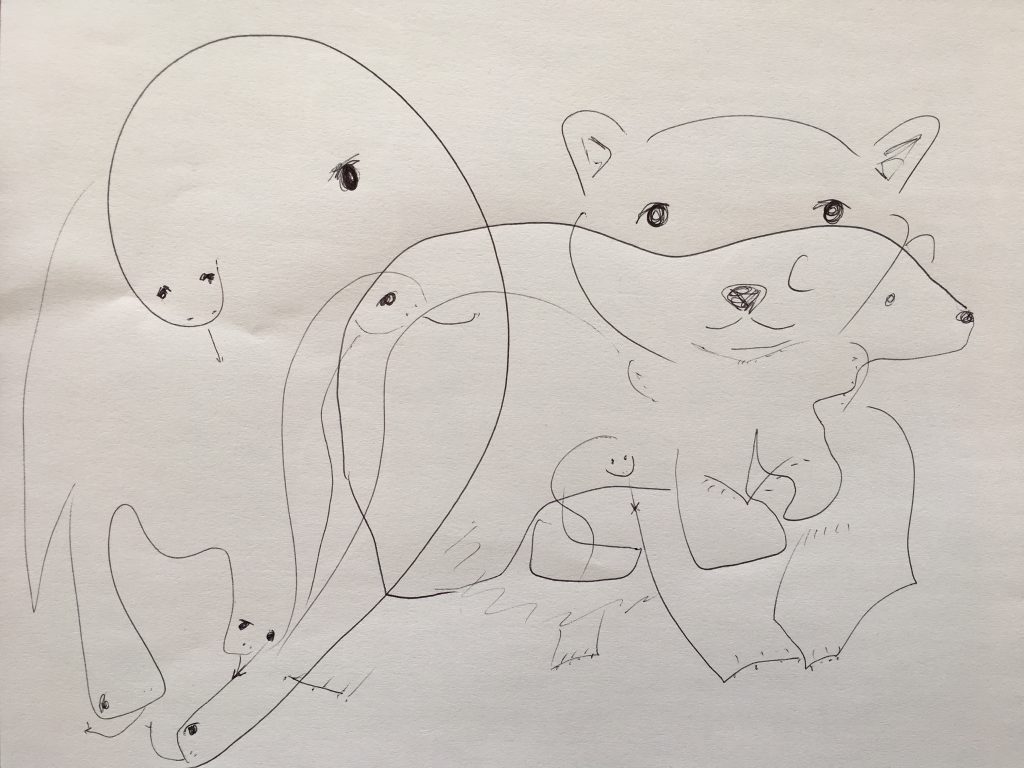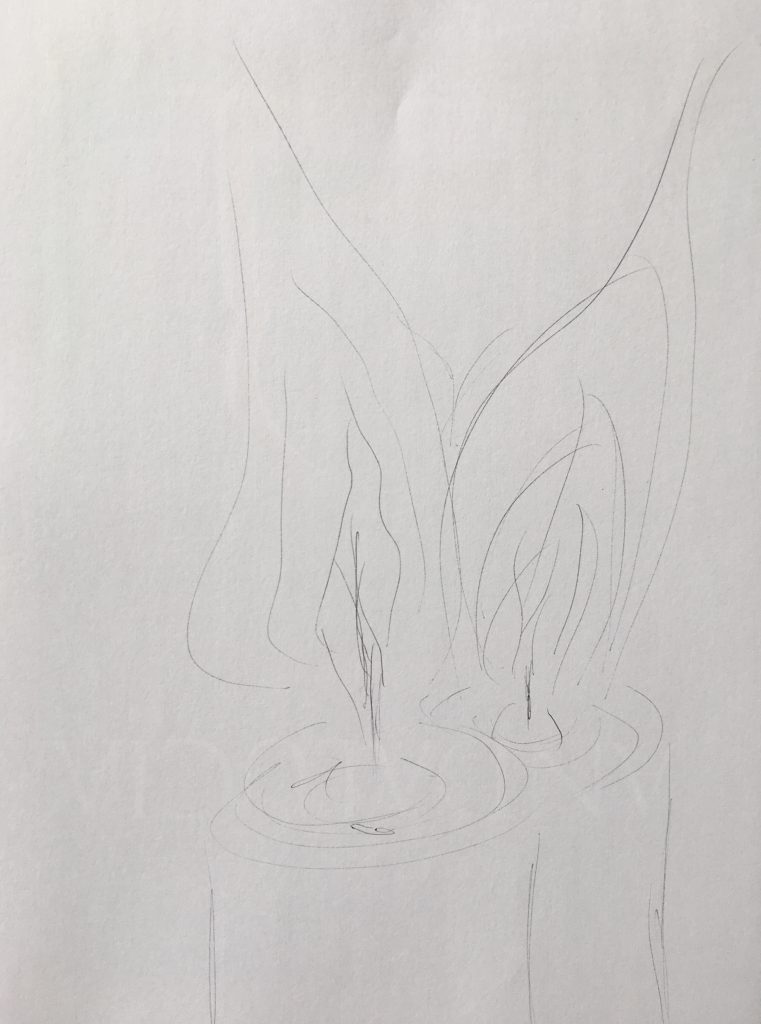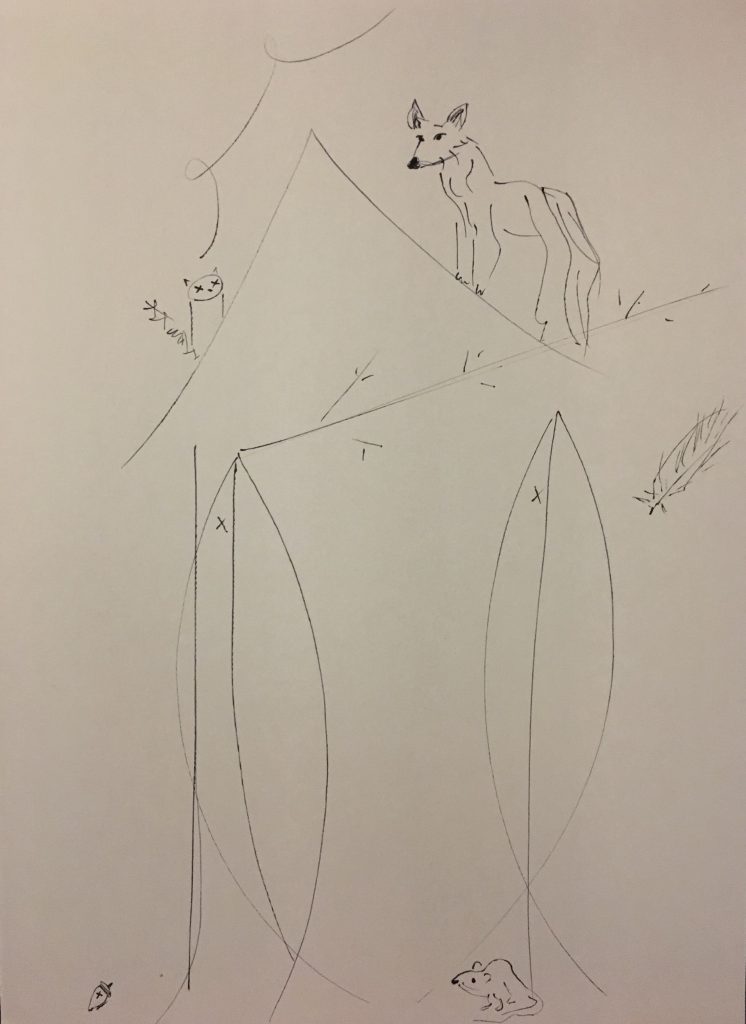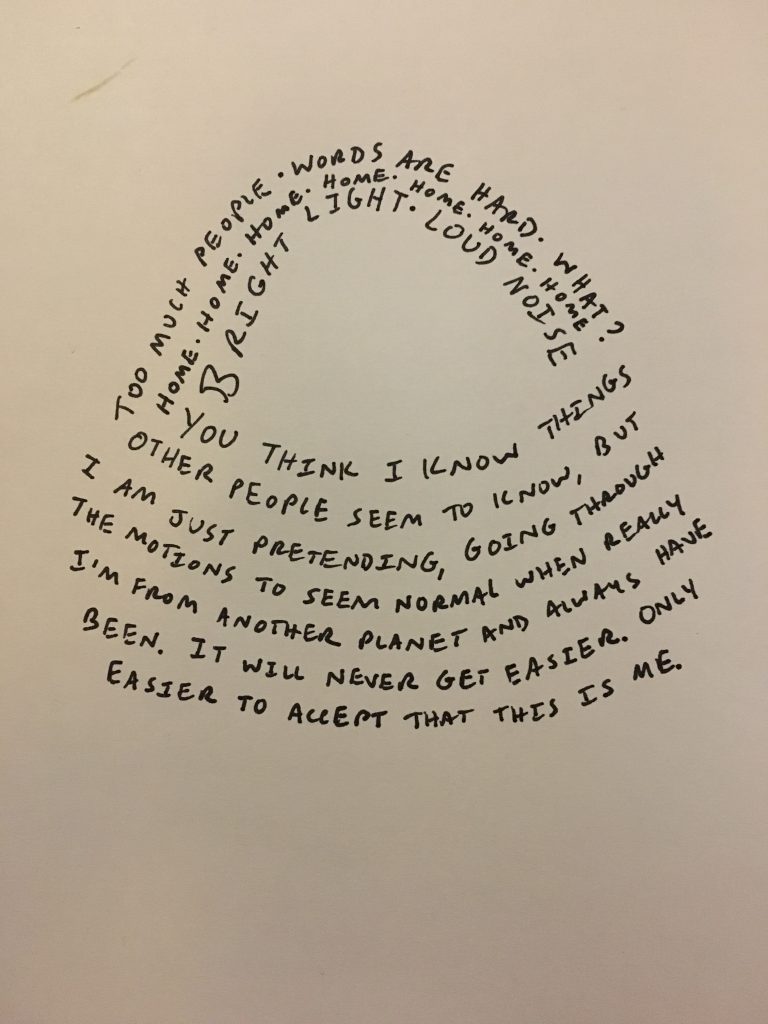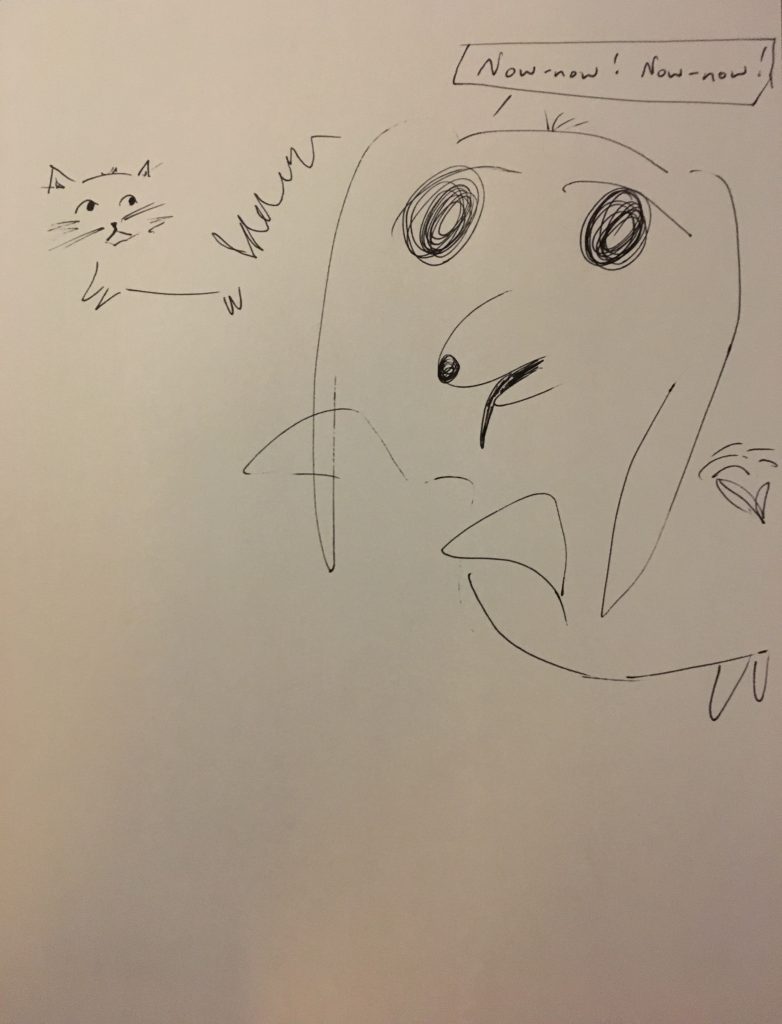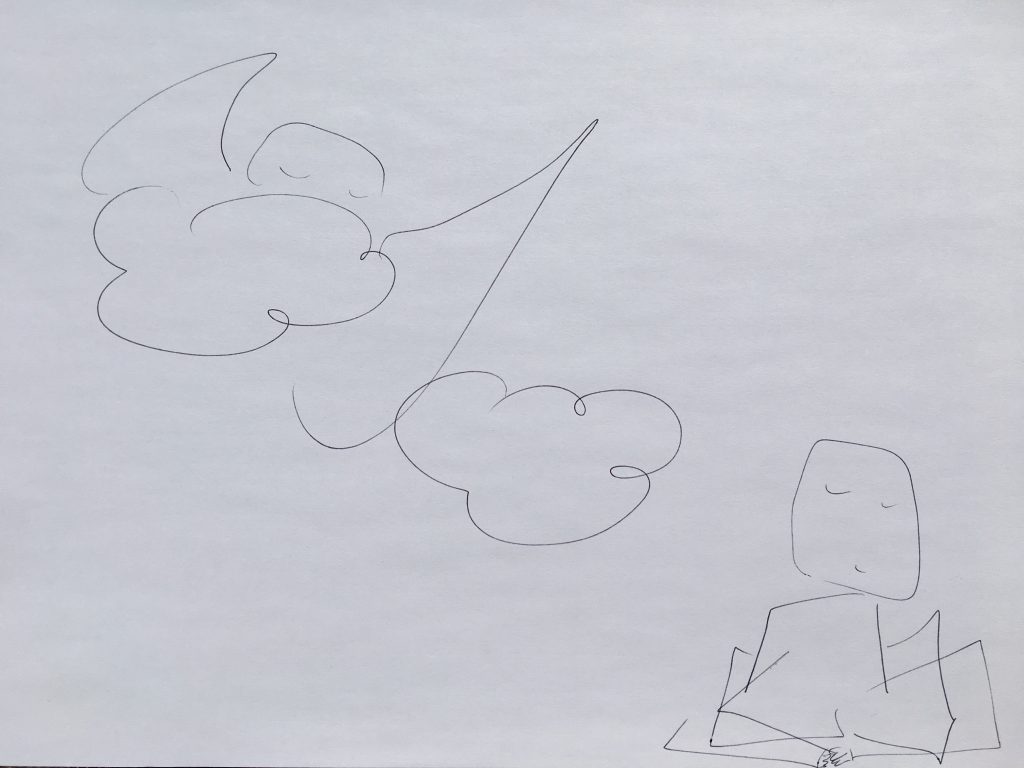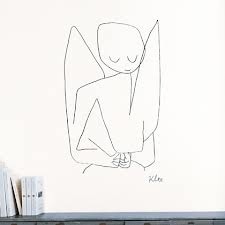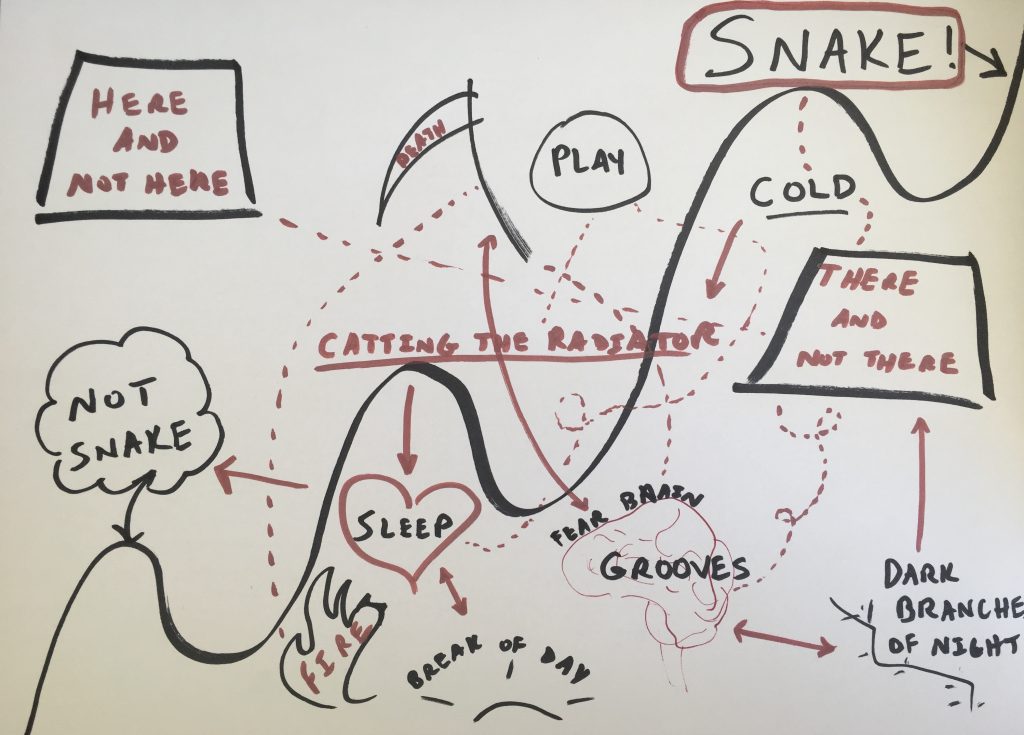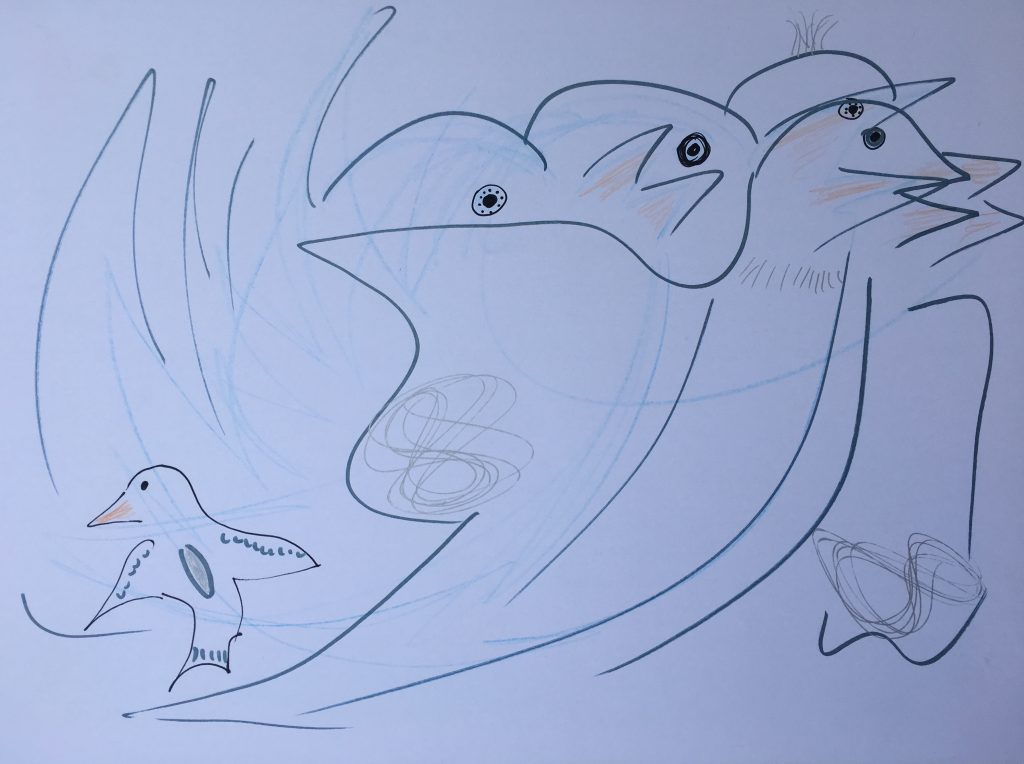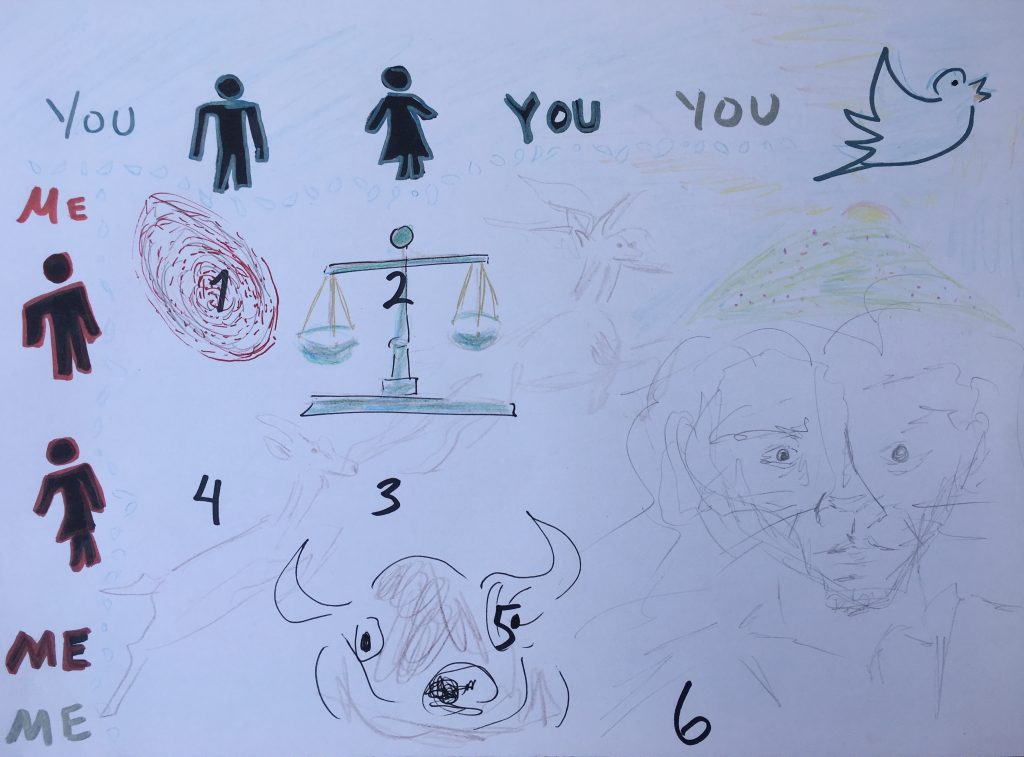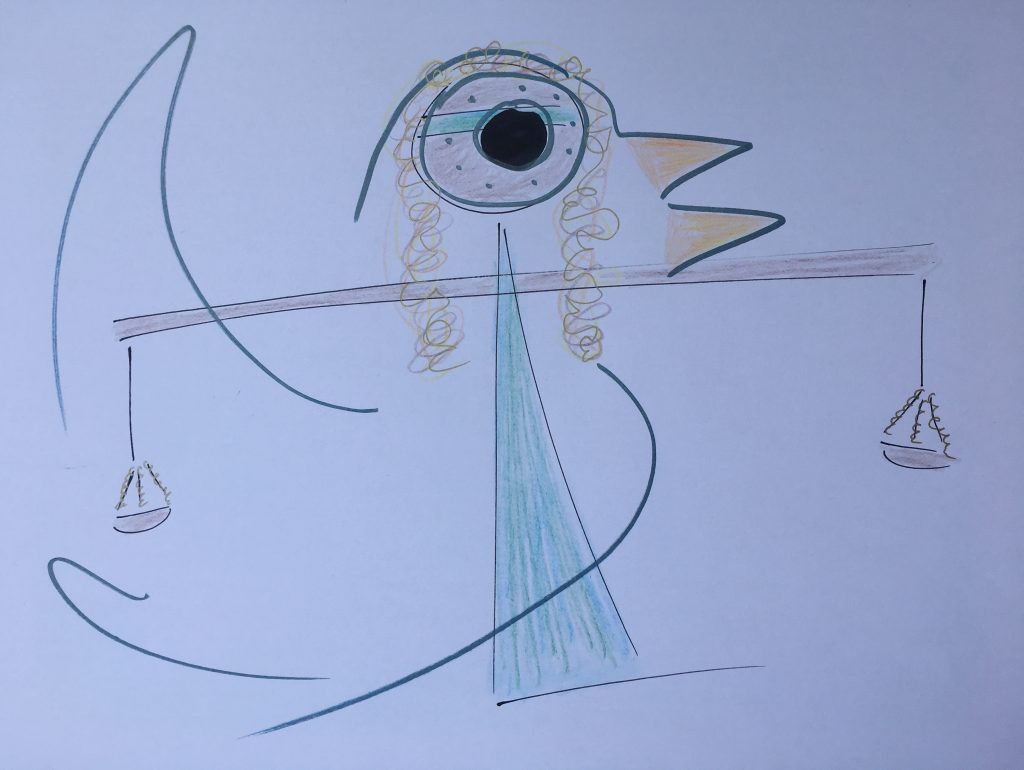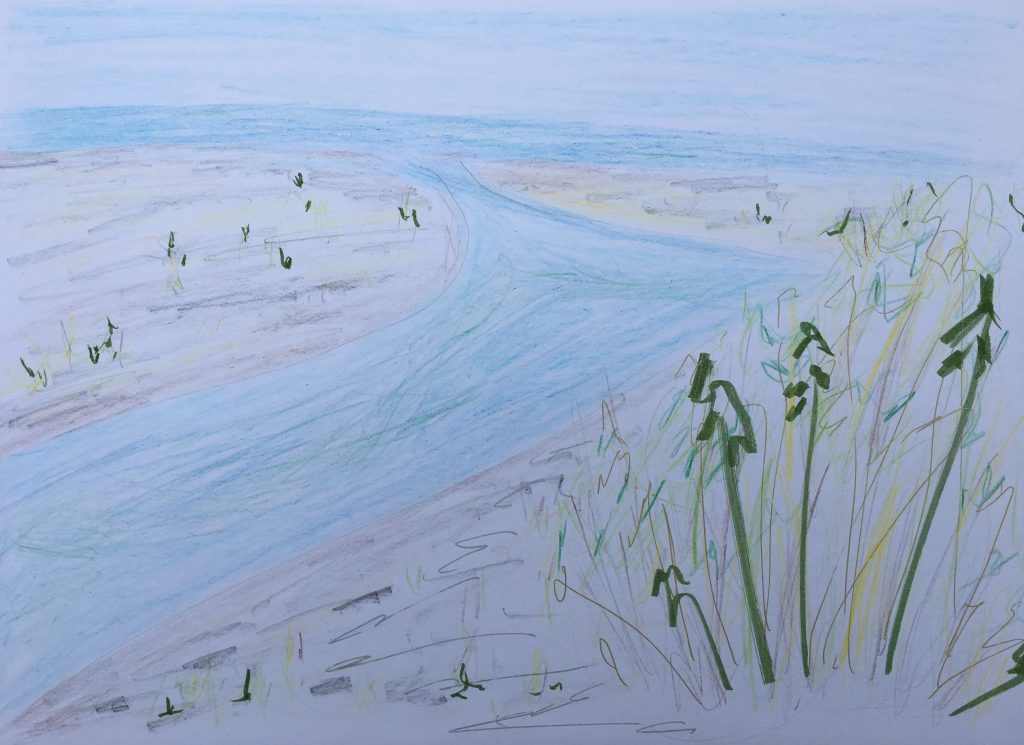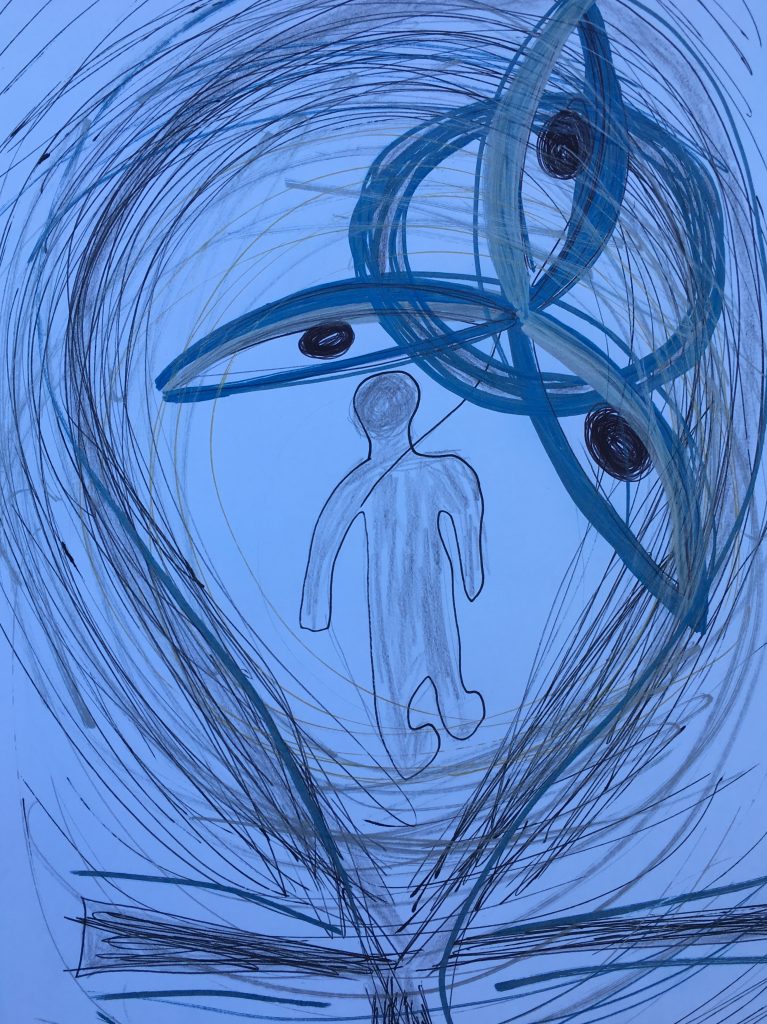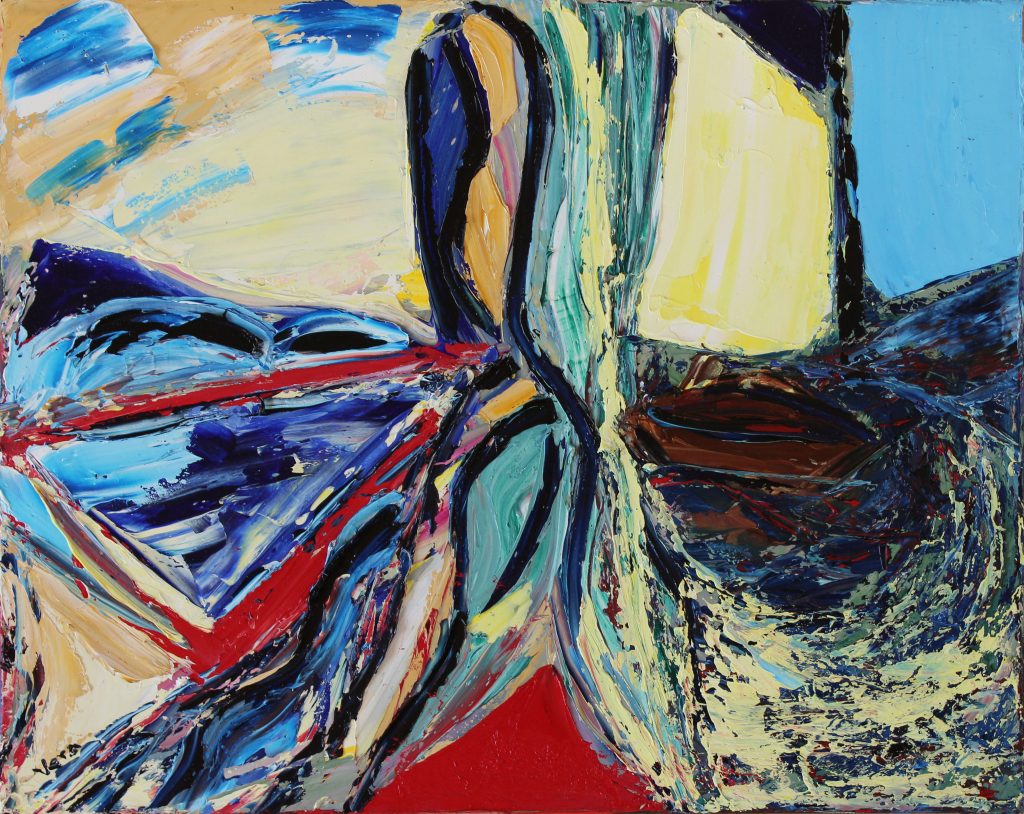Day 9 of a poem a day from Vagabonding, my second poetry book manuscript.
About this illustrating and blogging a new poem a day experiment… The drawings aren’t working. I’m sorry. They suck, right? And I know it, but I keep doing them anyway. Why? I’m on the road, I’m making some sketches I could go back to later and play with layering on an iThing to add color, modify composition, and incorporate text (I’m excited to try this, someday, soon-ish)… But I’d probably rather just illustrate properly (analogue) in my studio under less (as usual) arbitrary, self-imposed, not particularly helpful pressure. So maybe I’ll ditch them for now, or just do them when I feel like it.
Today I feel like it because I don’t hate what I had already made for this poem. Tomorrow I don’t think I can do the poem I’ll probably blog justice, since it’s about a beautiful woman and I haven’t done her justice. She’s very beautiful. It’s possibly not possible. So that’s an easy decision point or moment to change the way I’m doing things over here. Bye-bye drawings. Experiments are experiments because they can fail.
About this poem. It’s from the “Back for Forwards” section, after “The Living Murder,” “Snake and Not Snake,” and “Like a Moth to Flame.” It’s about the battle of ironic process theory in which flow or sweetness beats intrusive thoughts. On a lot of these poems including this one, I could write an essay (or a book); but generally I agree with the emcee rule that the most you can say about any bit is two sentences or get off the stage.
“Don’t Think of a Pink Elephant”
Don’t think of a pink elephant
with crushed mauve eye shadow
blending into the gray of her knees
neon blue powder caking off her back
as her daughter nuzzles the back of her leg
there in the room with your mother
who you will never nuzzle like that again
because she cannot face the truth.
Not out of principle—motherhood
is about raw need, the crush of blood
and love, the flickering pulse under
talk of right and wrong that says only
is is is is is is—
but out of equal and opposite necessity
to feel the way you feel
to have the real be real.
Don’t think of a polar bear
lunging, back arched toward sky,
nose aimed at seal, and wet hair freezing
in haywire strands descending from his belly
so long and low it looks as if he’s floating
on a tumbleweed, when really
he’s lunging suddenly in another direction
eating not the seal but your brother
who after all is more terrified of emotions
than anything in the world,
and so the best candidate
for being eaten by a polar bear.
Don’t think of the black snakes
their dark, sharp arrowheads shooting
the flowing ribbons of their bodies forward
just past instead of into you,
don’t think of the black snakes
that come back out of dark branches
when you are walking by the bushes alone,
don’t think of the black snakes
that live everywhere
in every forest and suburb
near every lakebed and basement
that seem to press themselves
onto and into everything
and we were too ashamed to say
but now everyone admits
it happened to me too.
You cannot stop the polar bear,
but you can try to feed him some snakes.
The elephants, having been discussed,
are no longer your concern. Rest now.
You are not your brother’s bear’s keeper.
Think of the icy sea that takes him back,
embraces him with a chill he knows as home
and how your brother will be warm and safe
churning in his stomach, without fear or intimacy.
Think of the oceans flowing from that sea
as the icecaps melt and the water rises
over Bangladesh, where pink mother and daughter
elephants carry the poorest family in the world
to safety, or at least up to India’s electrified fence.
Think of the man, warm and asleep
in the floating bed of gossamer and music
that glows with his welcoming heat
and how it is a spaceship
you have tethered to while going for a walk
where there is no up and down
to see what aliens you can meet.
But you find what you have always found—
dumb rocks and faraway stars,
too bright to think of anything else
when you look to the horizons,
but too far to touch as if your hands
would know how to nuzzle them
this star is my mother
this star is my brother
this star is my man
smoothing out the covers over my exhaustion
slowing my racing heart with his smell
insisting that I rest and let life be sweet
and hunt for my own happiness as well.
